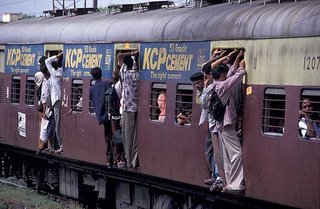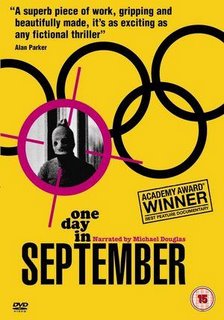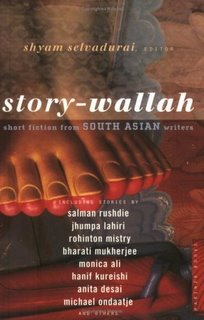 Bombay Rude? Hard to Digest!
Bombay Rude? Hard to Digest!A Rebuttal in the Wall Street Journal By Suketu Mehta
I haven't read Mehta's "Maximum City" yet, but this is an oversight I hope to rectify rather soon. But this is about something else that Suketu wrote, and I enjoyed it enough to mention it here. In today's WSJ, I came across a cleverly constructed rebuttal by Mehta. Here's what happened:
A little while ago Reader's Digest conducted a survey of 35 cities for global courtesy. And unluckily for all those who love Mumbai, the city ended up at the bottom, as the least courteous. In response to that, Suketu, the lover of Bombay, goes on to say why that particular survey is a bogus one (they rated people on opening doors, saying Thanking you, and picking up dropped papers) and then proposes a second one instead, one that Bombay might easily win.
He then ends his rebuttal with an excerpt from his book that RD had itself run.
"If you are late for work in the morning in Bombay, and you reach the station as the train is leaving the platform, you can run up to the packed compartments and find many hands stretching out to grab you on board, unfolding outward from the trainlike petals. As you run alongside the train, you will be picked up and some tiny space will be made for your feet on the edge of the open doorway. The rest is up to you. You will probably have to hang on to the door frame with your fingertips, being careful not to lean out too far lest you get decapitated by a pole placed too close to the tracks. But consider what has happened. Your fellow passengers, already packed tighter than cattle are legally allowed to be, their shirts already drenched in sweat in the badly ventilated compartment. They know that your boss might yell at you or cut your pay if you miss the train.
And at that moment of contact, they do not know if the hand that is reaching for theirs belongs to a Hindu or Muslim or Christian or Brahmin or an Untouchable. Come on board, they say. We'll adjust."
Now that's called opening doors for others.
This is a diabolically clever note to end with when arguing for something, and Suketu uses it to maximum effect. I know I will be reading the book soon.





